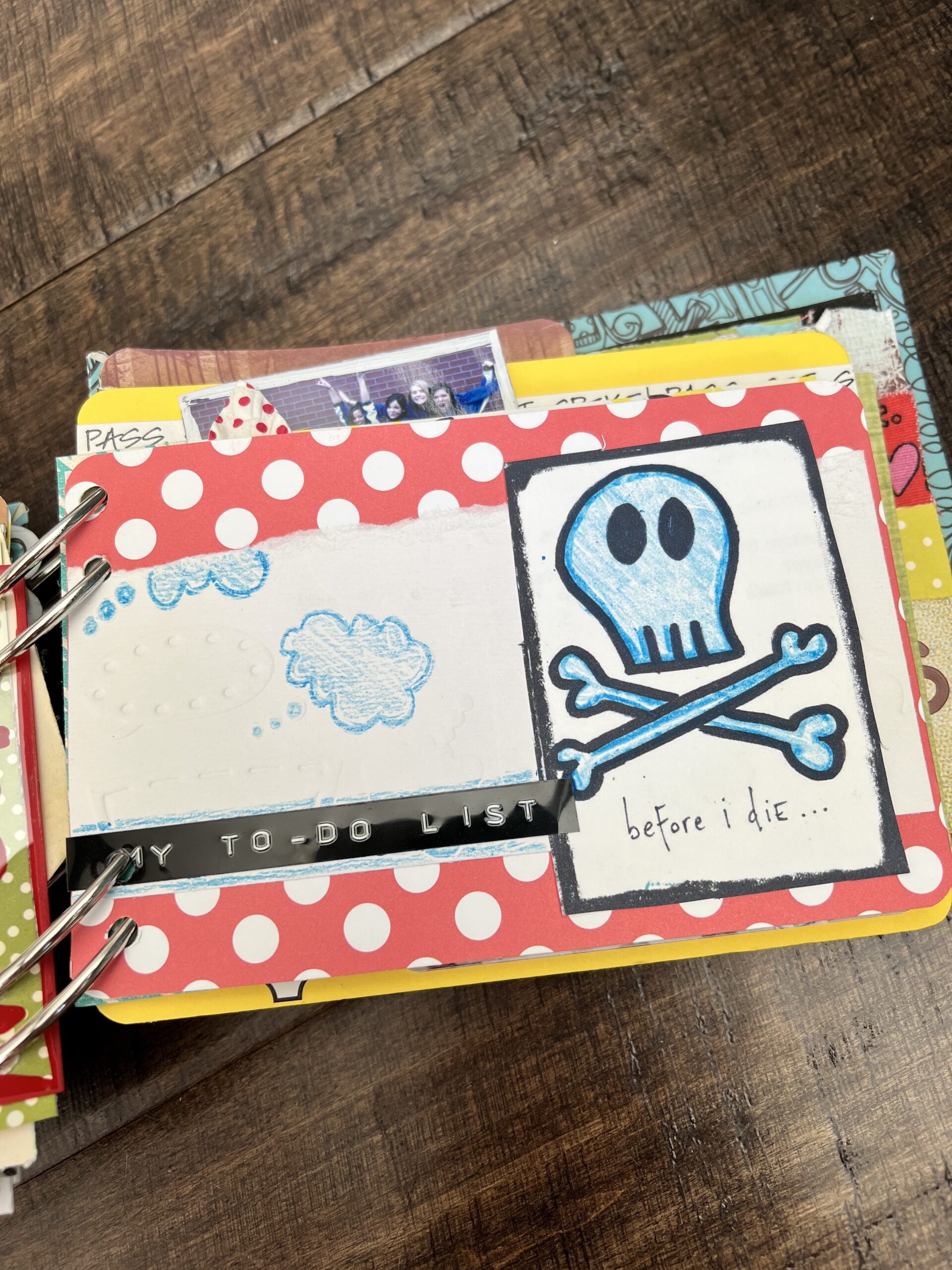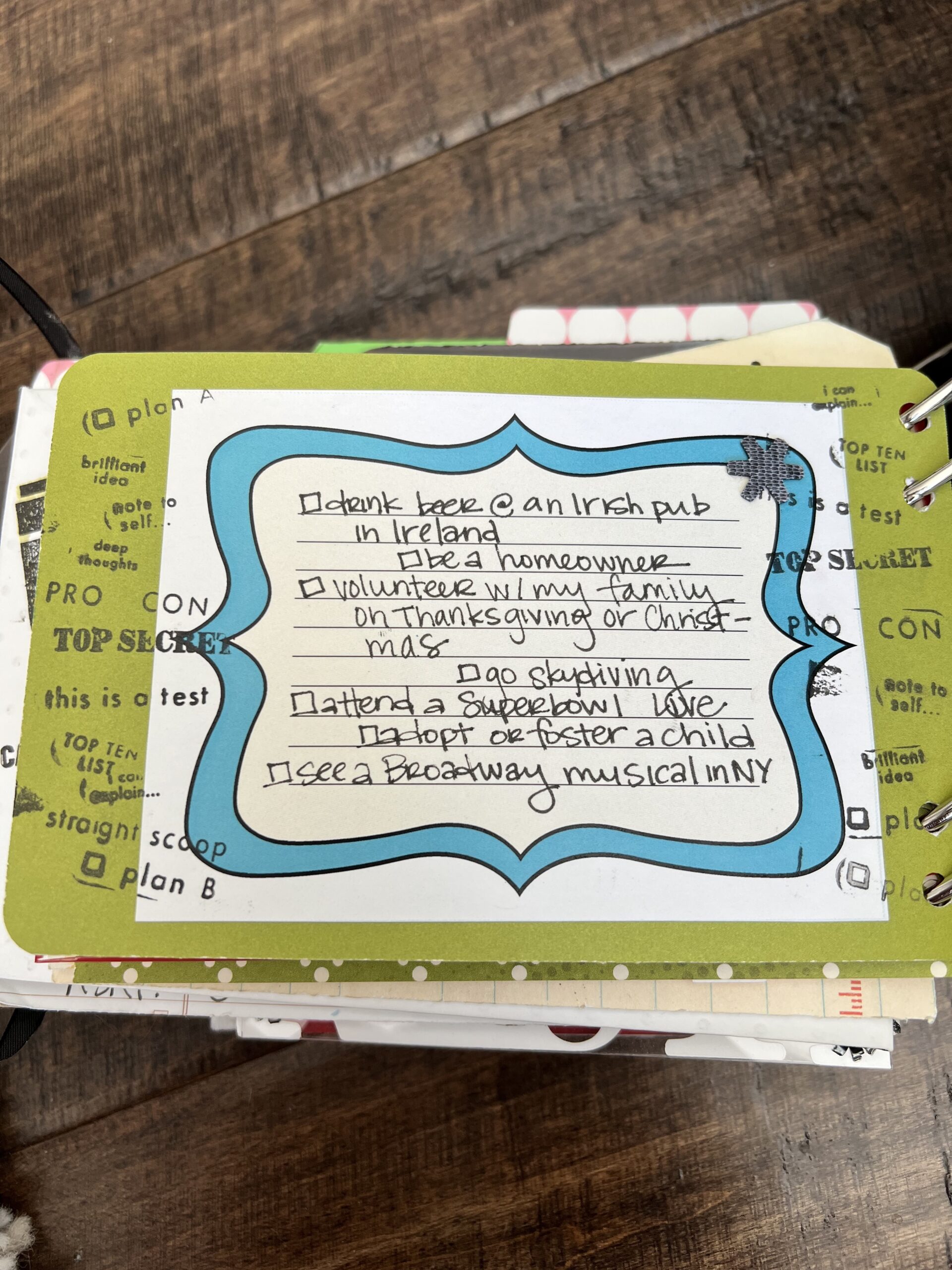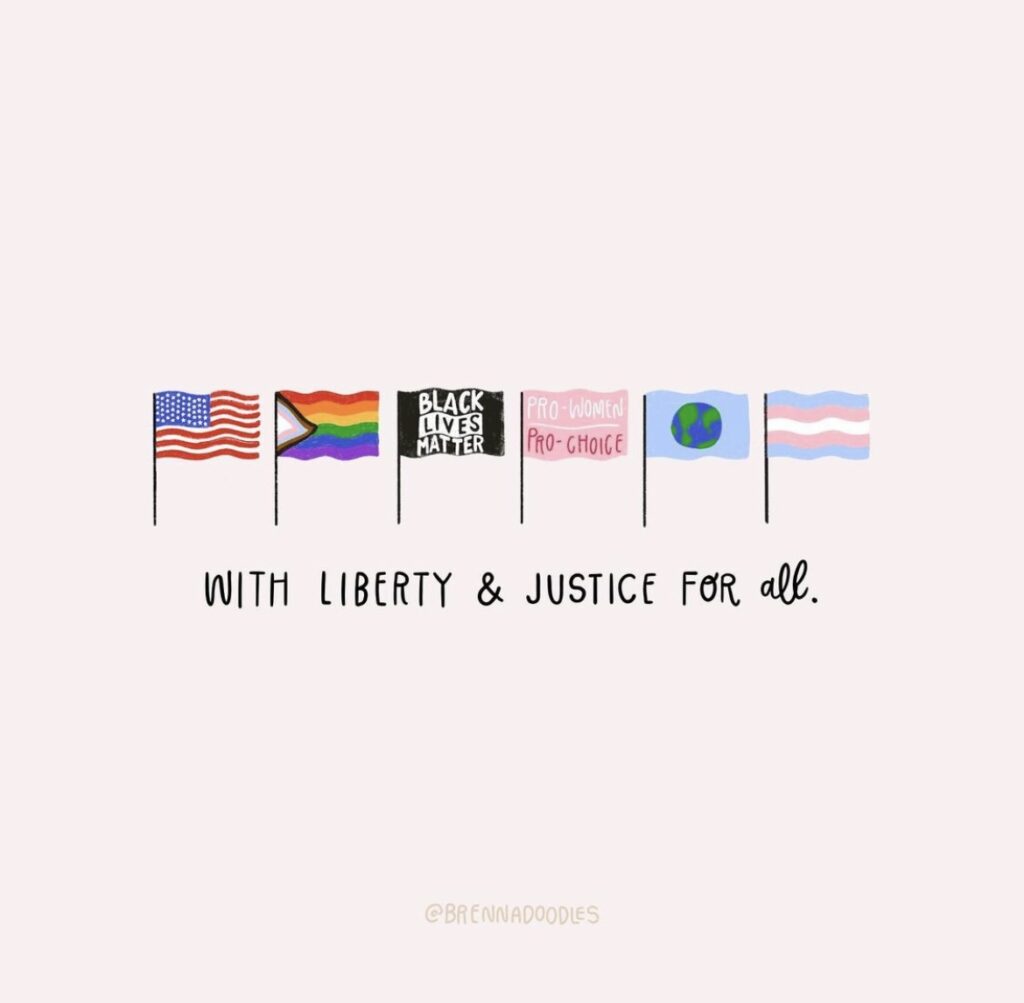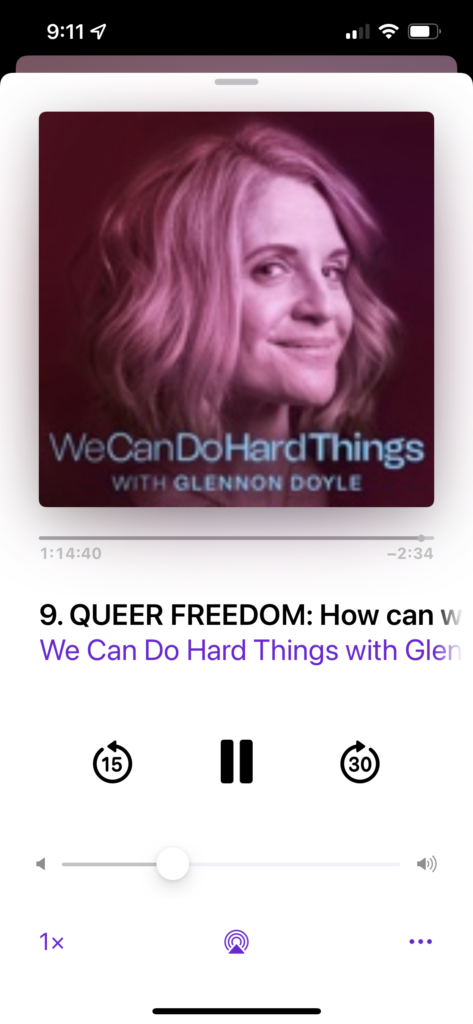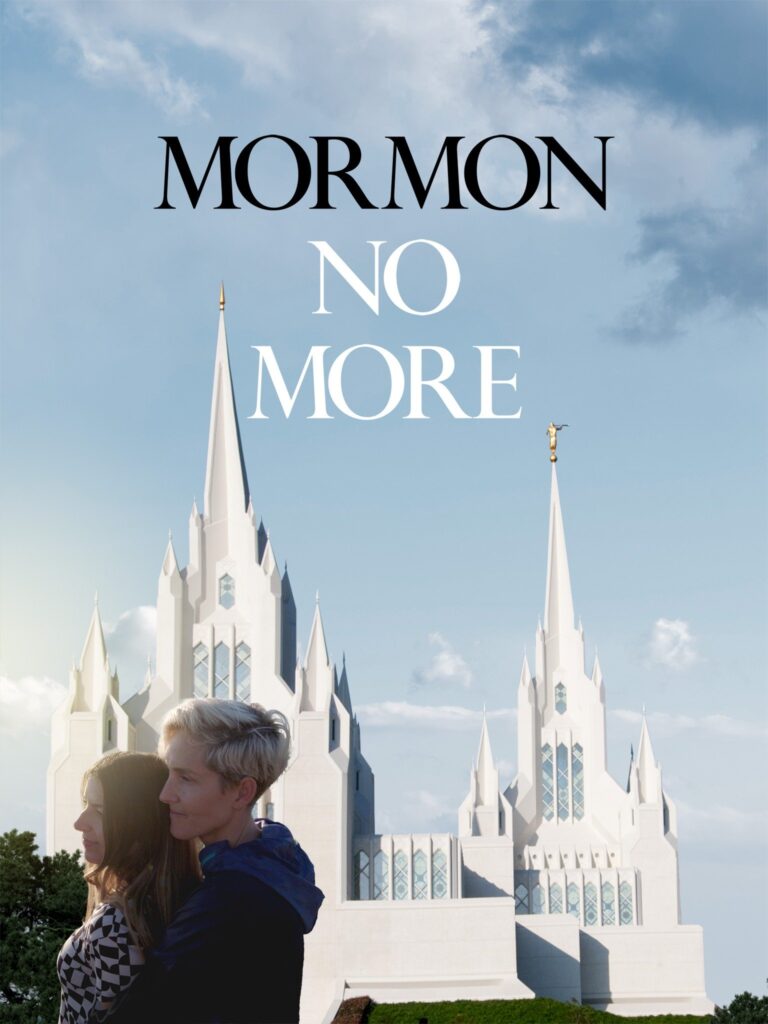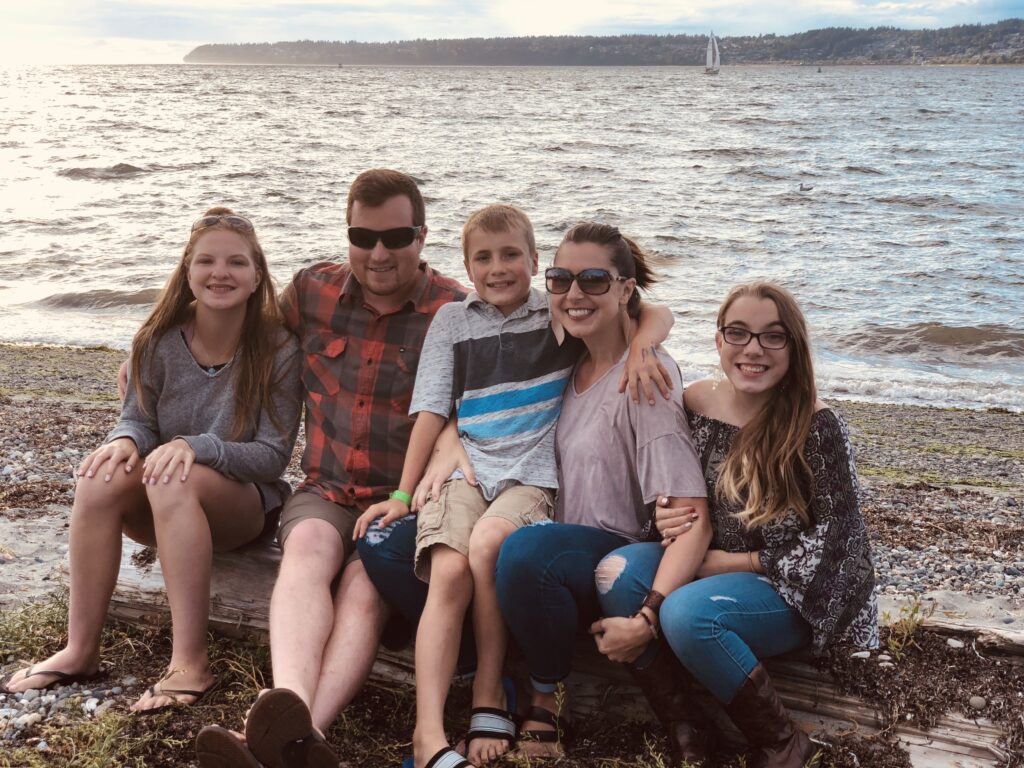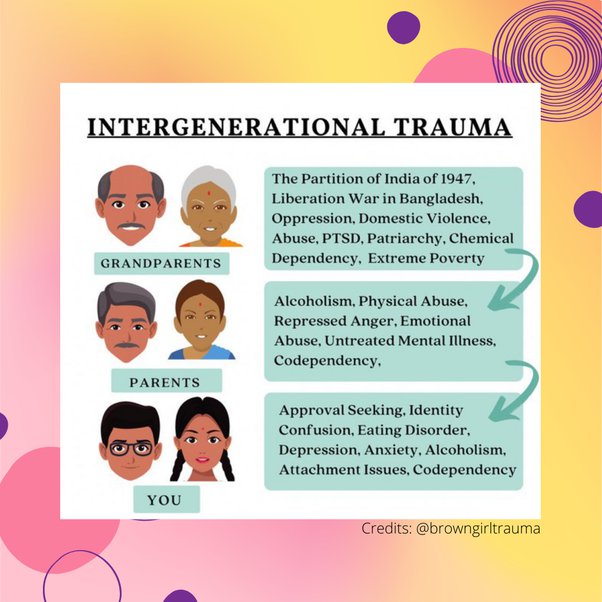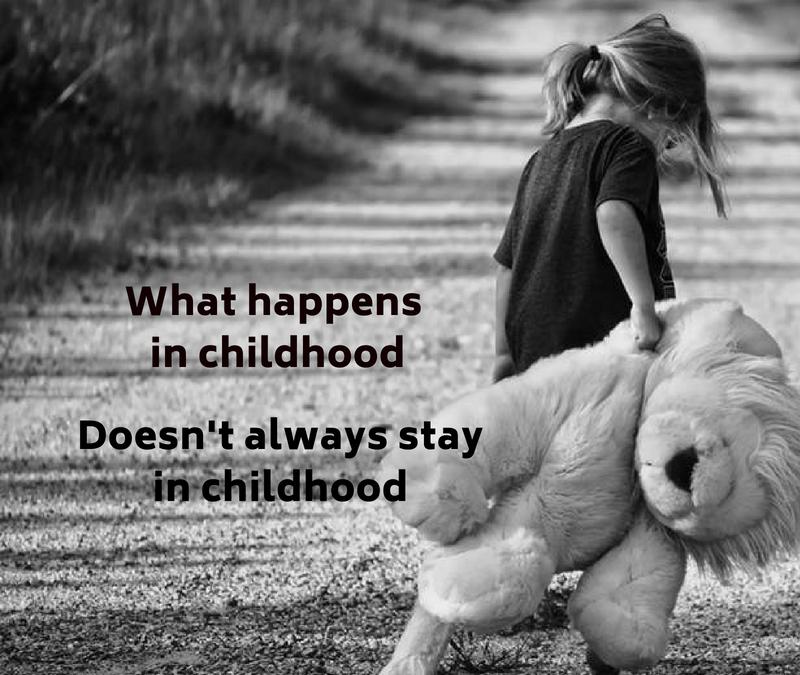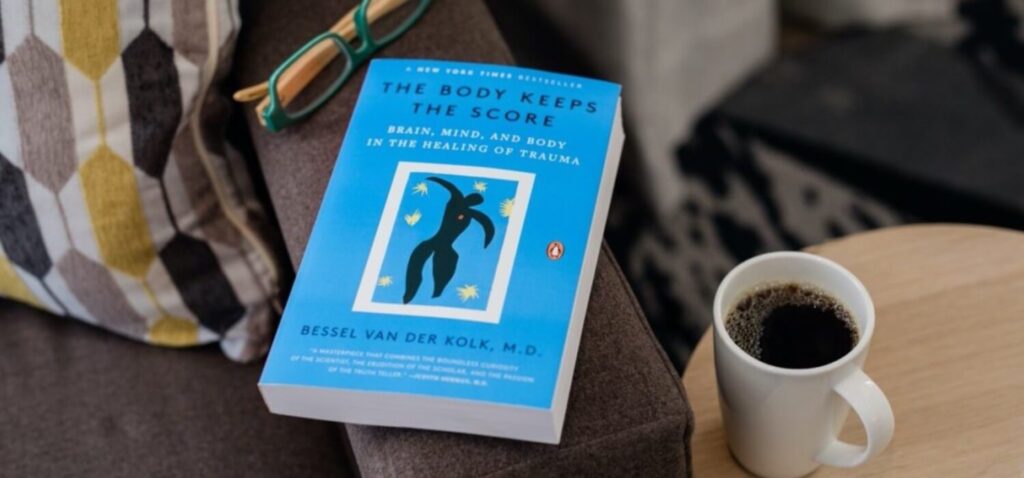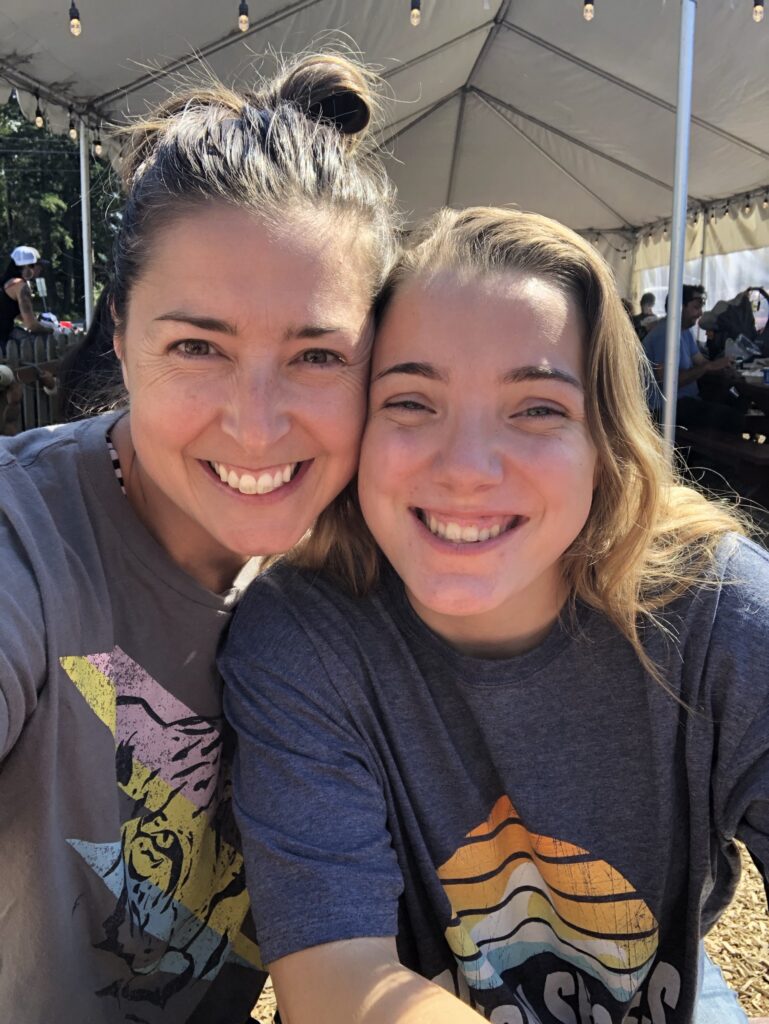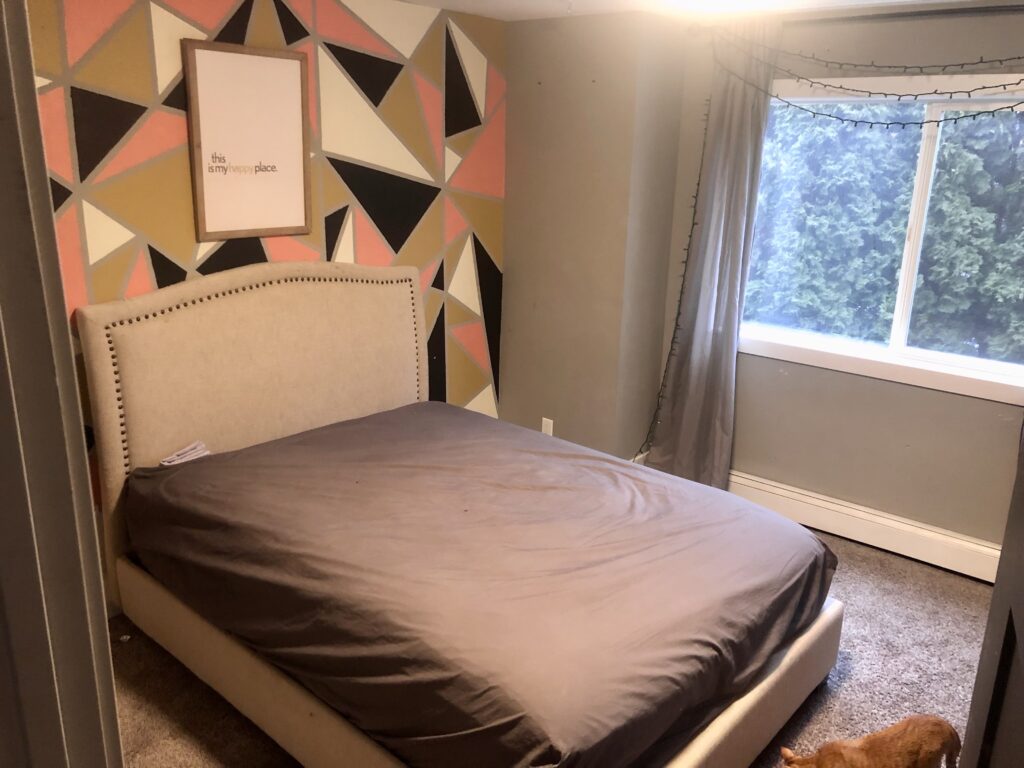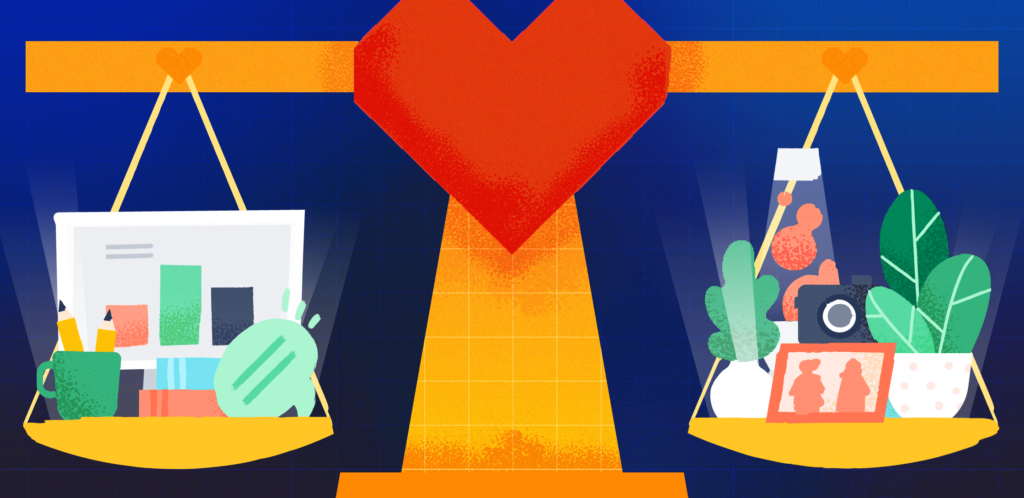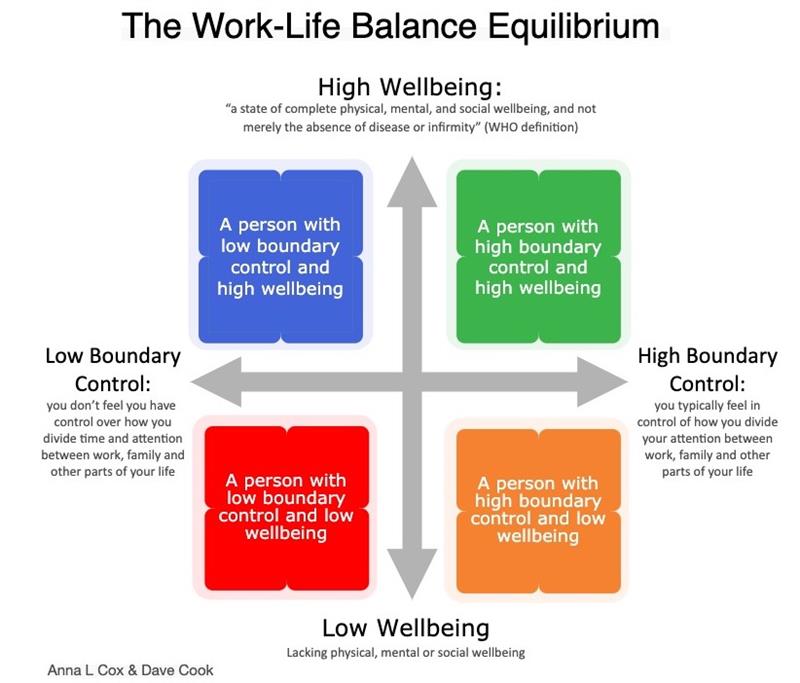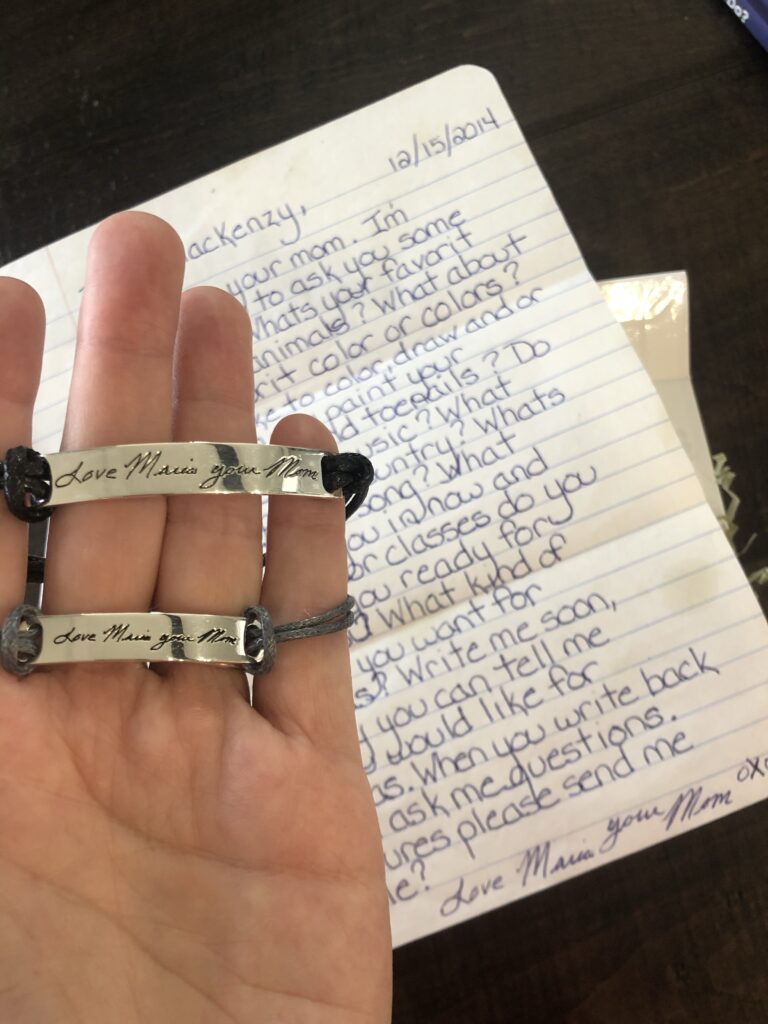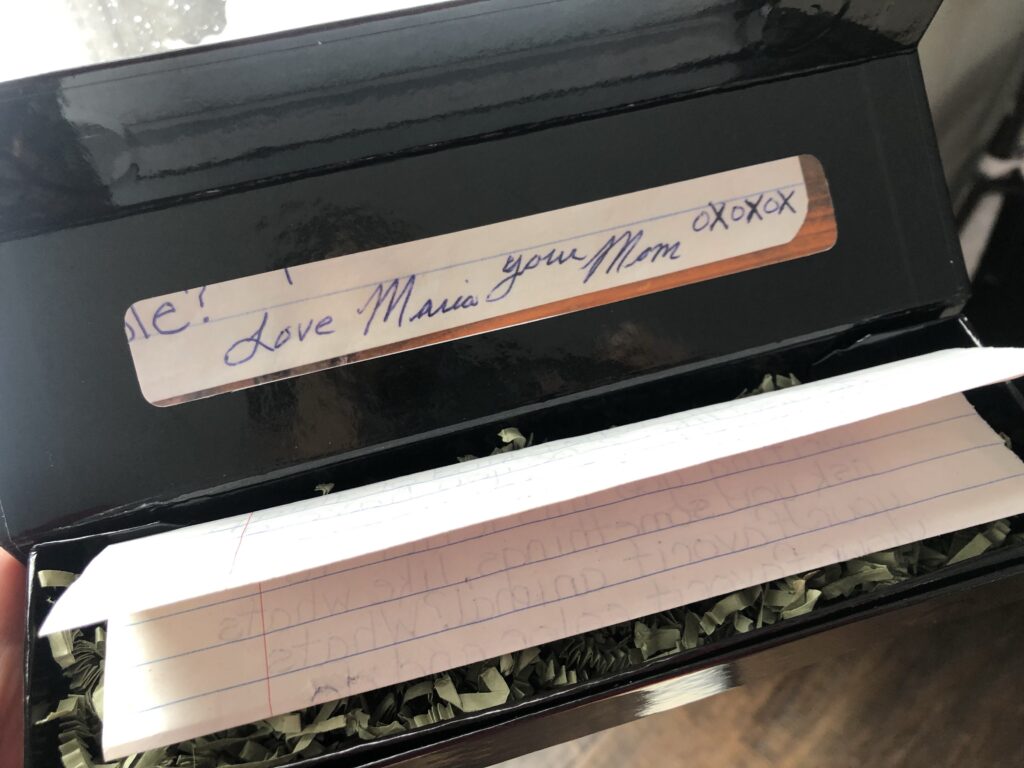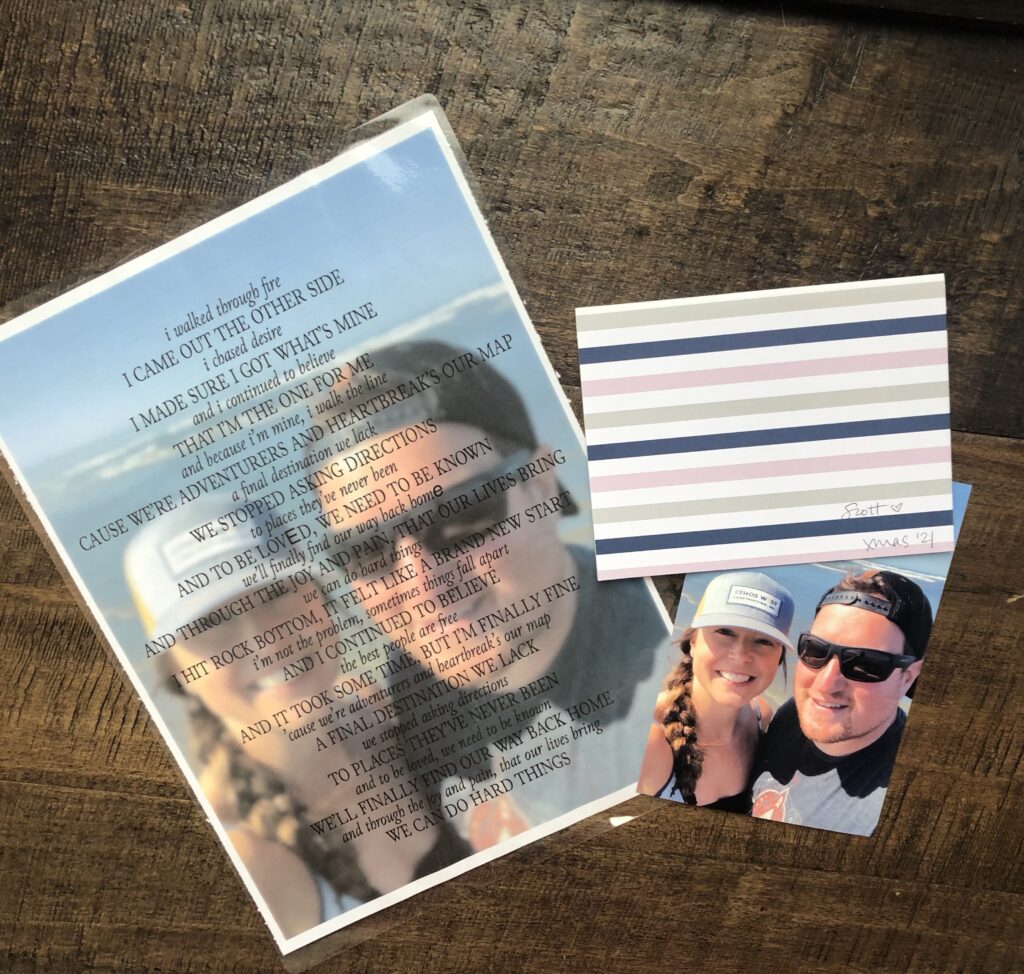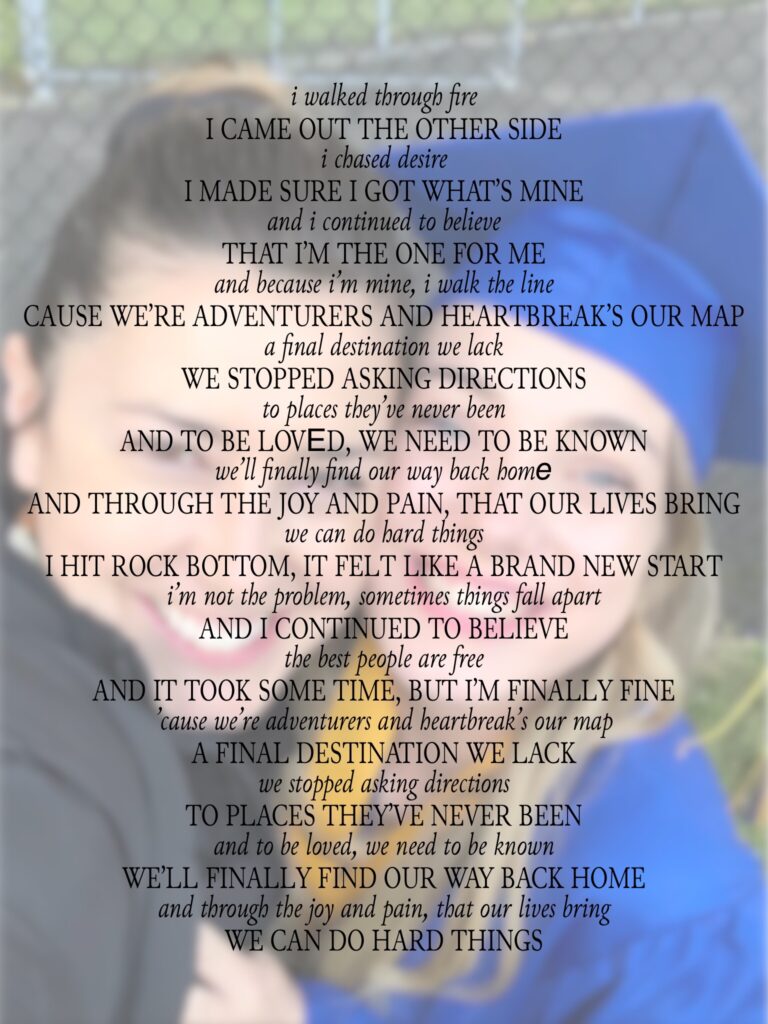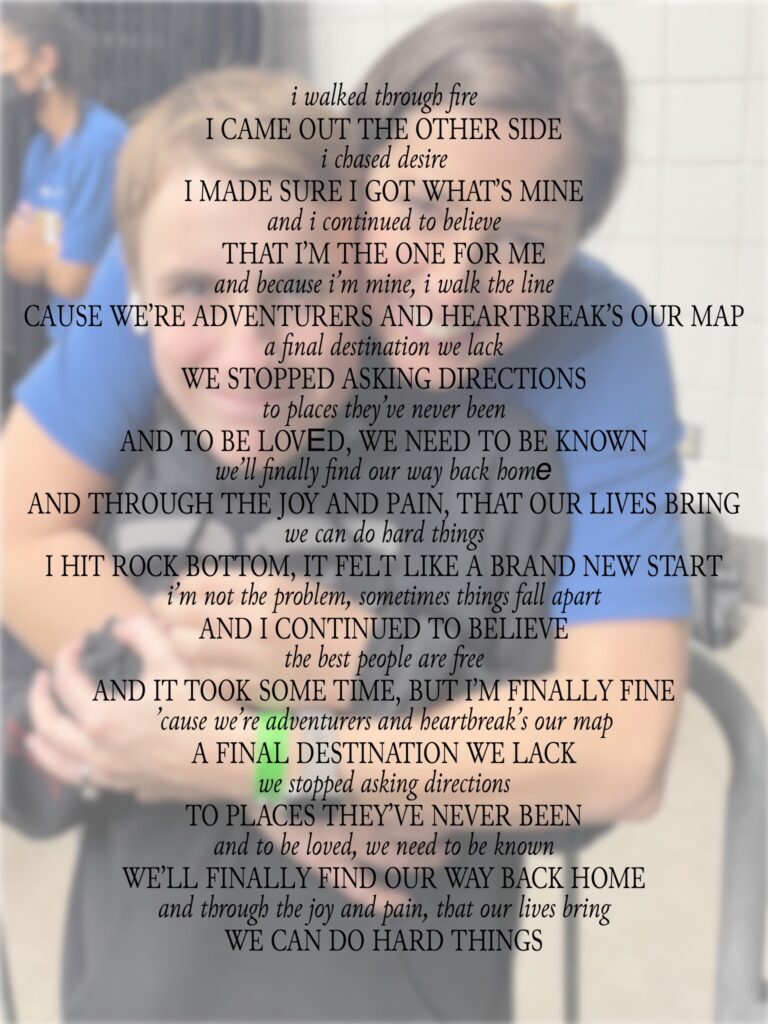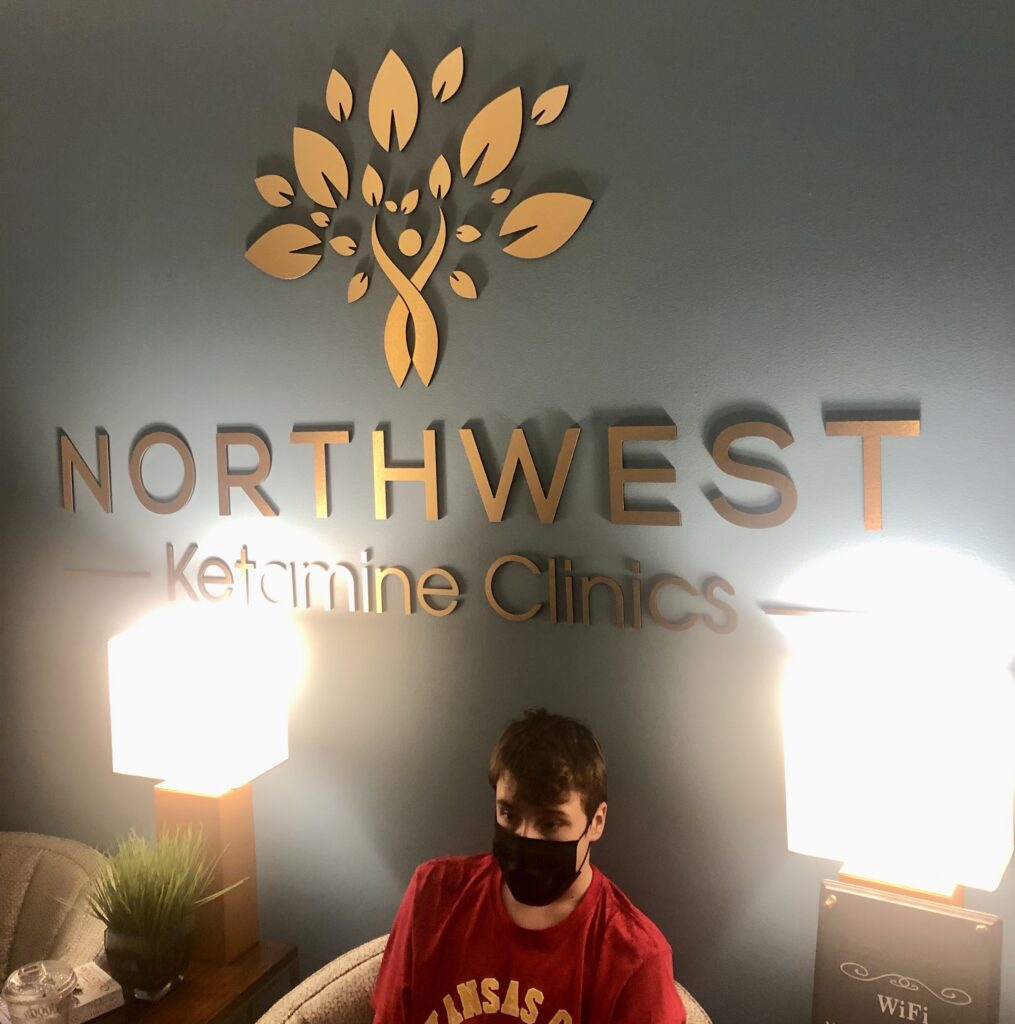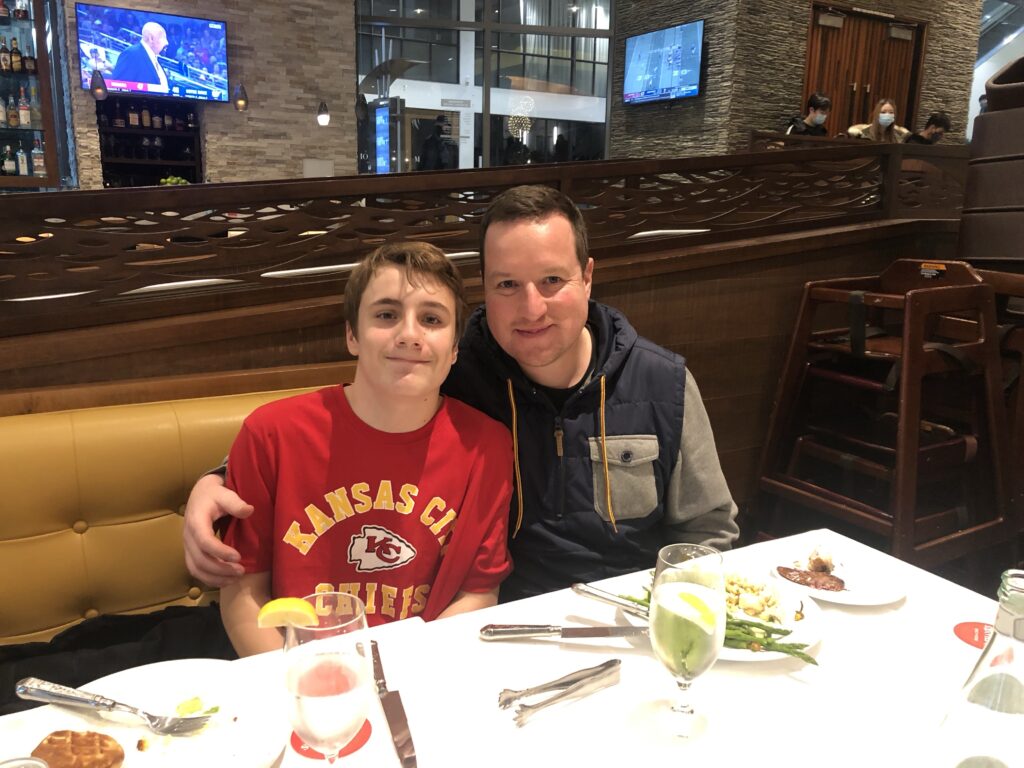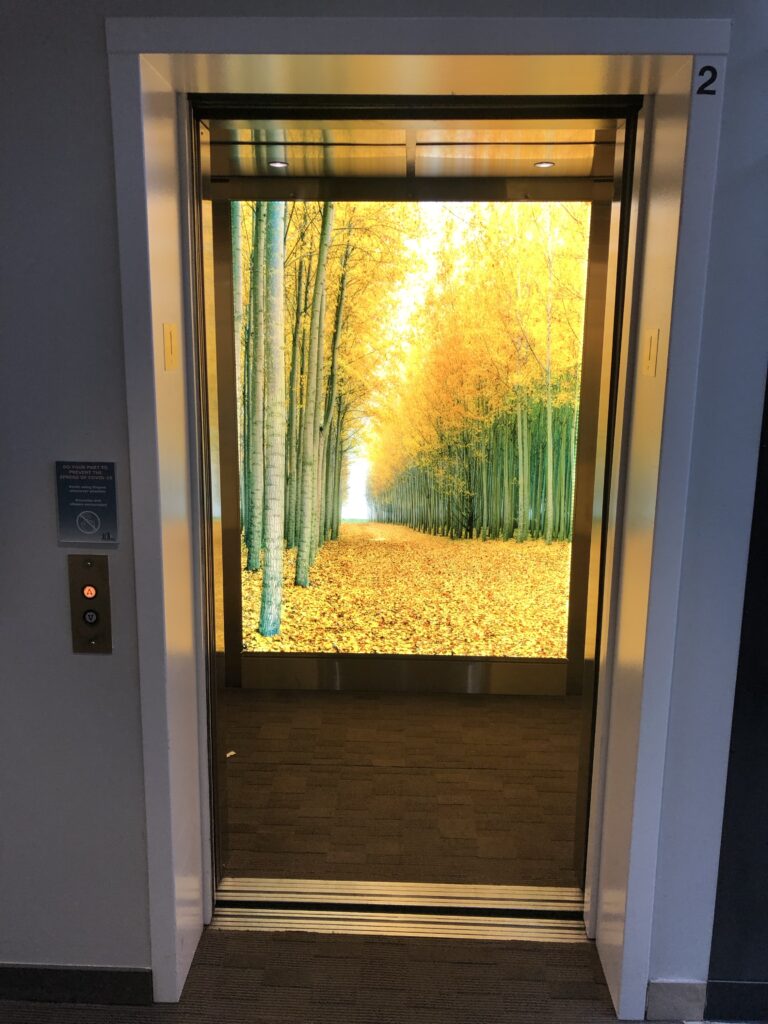I was 2 months into my first job as an elementary school counselor, fresh out of grad school. I had reported to CPS just a handful of times during my high school internship the year prior, but because of the age and agency of students, there was rarely any follow up.
So when I reported my first official CPS report on my own as a professional school counselor, I was a bit jaded with what would happen next. Much to my surprise, an investigator came within an hour of my report, did an extremely in depth interview, and then the following day, called me to follow up and let me know the child would be being placed into foster care that very afternoon. And knowing it made the child feel safe, asked me to go along with her as she met her new foster care placement. Although I want to spare the details of the abuse and the child, this experience was transformative in my life.
Being part of this little girl’s journey filled with both grief and attachment to me as her counselor would later inspire a few different things important to my career and life:
– belief in the CPS system (although I later found this particular investigator was brand new, full of hope and that not all CPS workers think and act in the same comprehensive way as I detailed above)
– passion for uncovering abuse disclosures in elementary school children and teaching my staff how to look for signs of potential abuse
– a first hand look at the despair and grief that is a child being removed from their biological family, no matter the harm it was doing to them
– her attachment to me as a safe person because I had believed her/helped her was communicated in her body language the day we took her to to her first placement and that will always stick with me
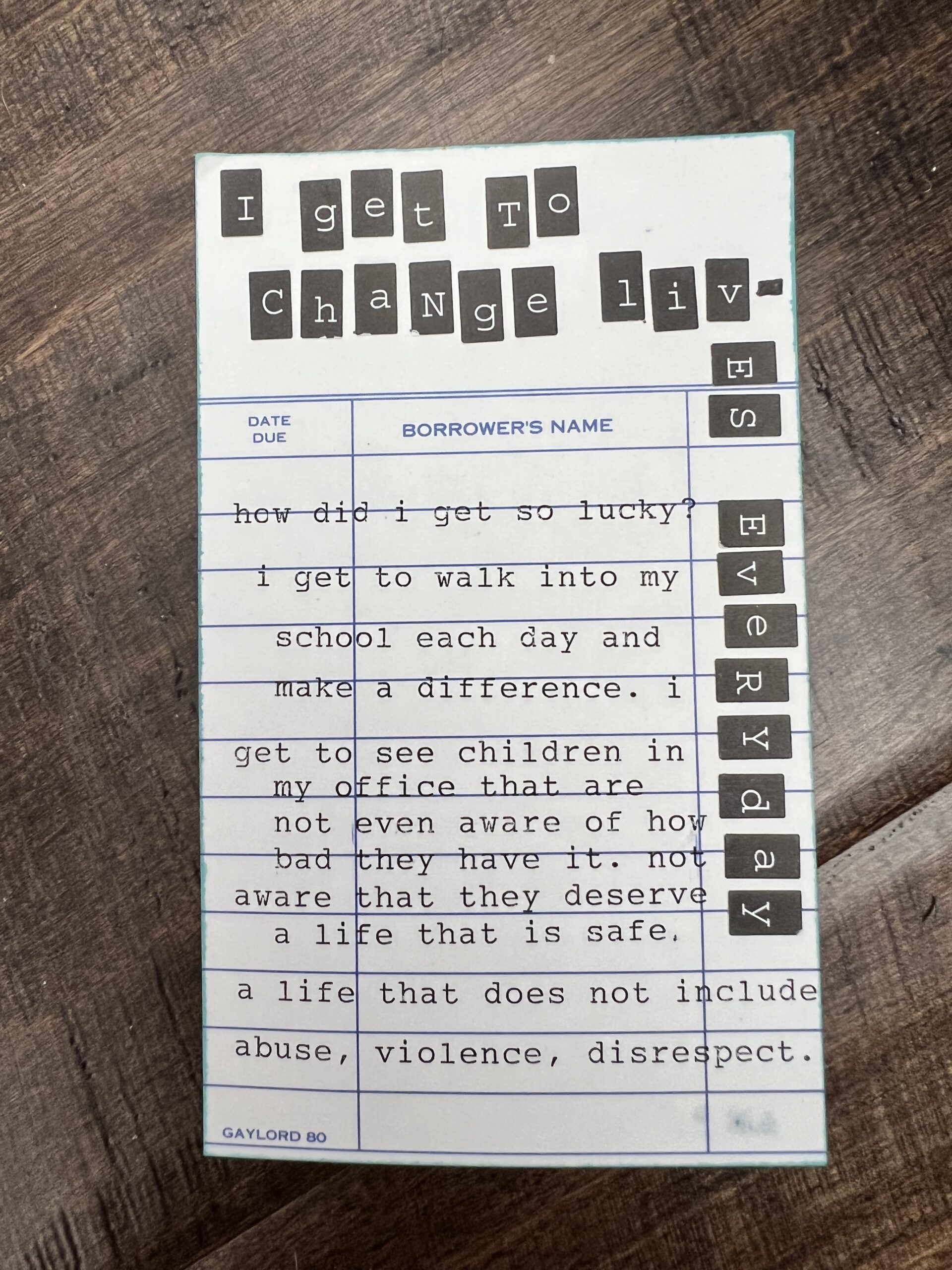
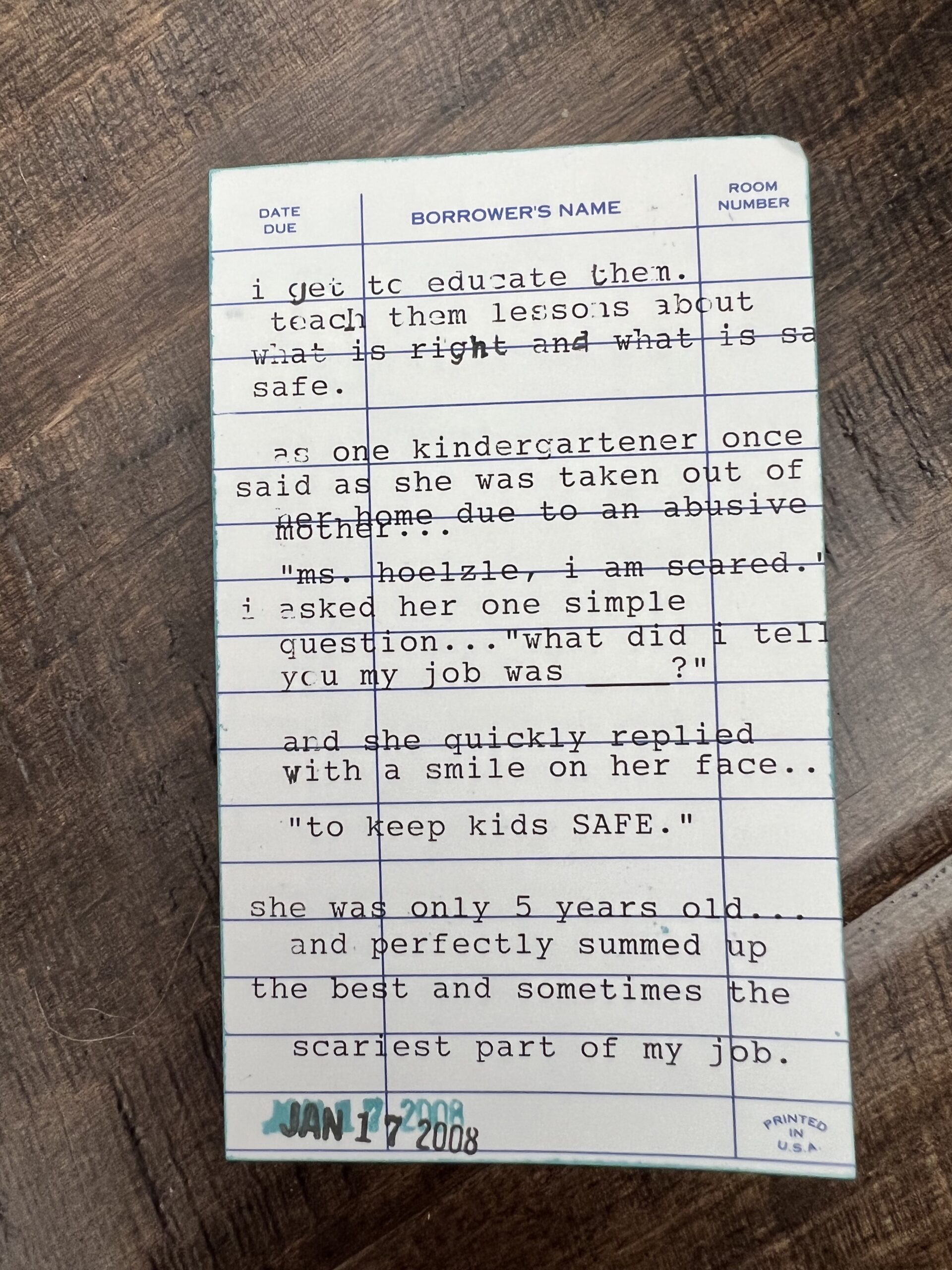
And 14 years later, “keeping kids safe” is one of the most sacred and rewarding parts of my job (and my family life as well).
This experience also was one of many in my school counseling career that confirmed I wanted to be a parent so incredibly badly, but wanted to do that through foster and adoption. In the same scrapbook as above, I listed my bucket list items at the time. I’m about half way through my list which seems fitting at this mid-point of my life.
